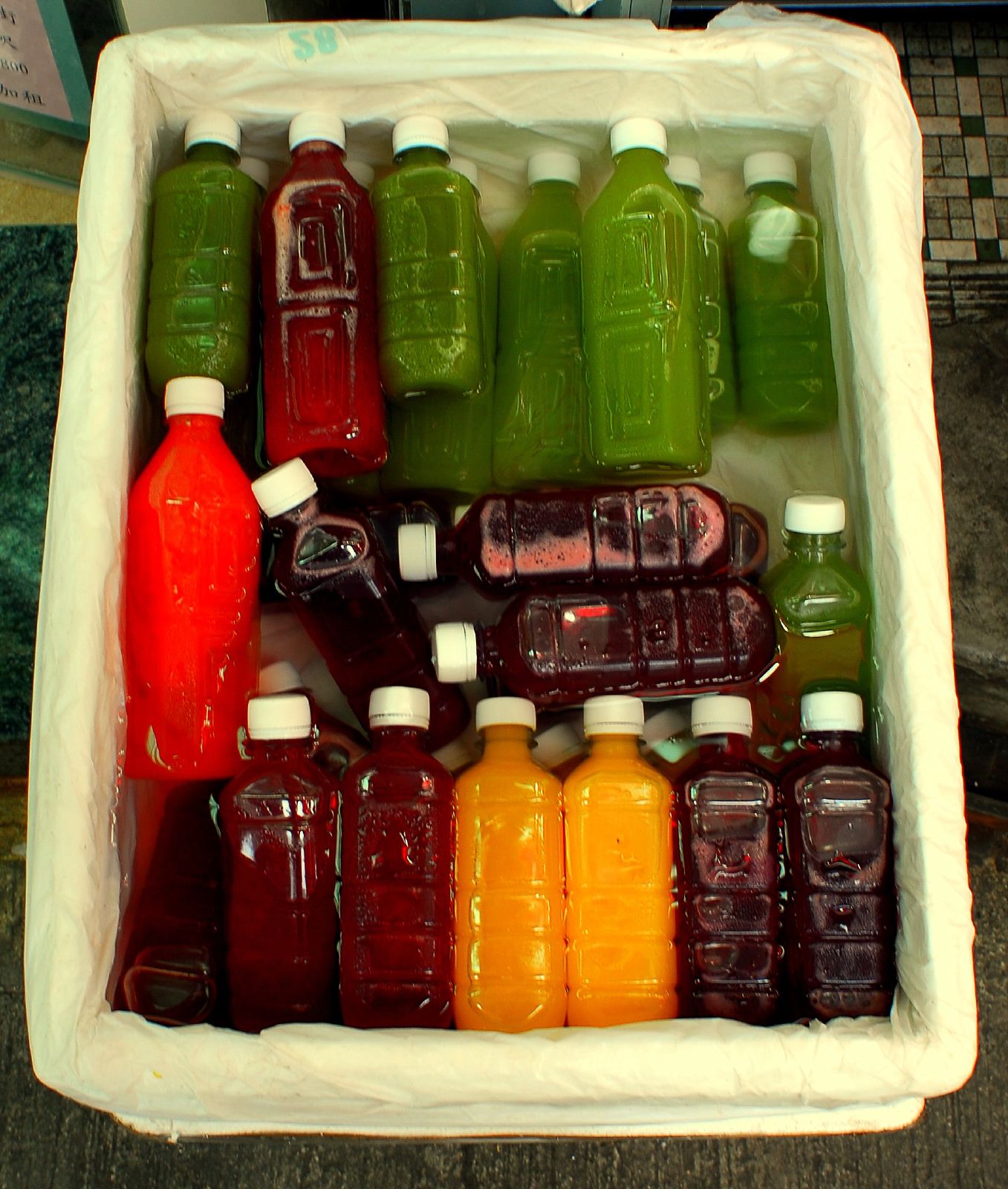Imagine your “little” sports hero rushing to get out of the house. Their equipment bag is packed and slung over one shoulder. Maybe they raid your fridge as they head out, or maybe they stop at a store on the way. Then they’re off to another grueling practice session.
You might wonder, are those neon-colored drinks they’re drinking every day hurting them? The truth, unfortunately, is yes. While they may keep your children energized for a few hours, the bad news is, they’re secretly eating away at their teeth.
The same is true for adults who consume sports drinks or energy drinks.
The Problem
The threat from energy drinks comes from the combination of extremely high sugar content and citric acid pH that can be as low as 2.9. Battery acid has a pH of 0.0, so a lower number means a higher acid content. Stomach acid has a pH that fluctuates between 1.0 and 3.0. A lemon, in contrast, comes in at around 2.0, a grapefruit at 3.0, and tomato juice at 4.0.
With each increase in numerical value, the acid intensity increases 10-fold. A lemon ends up being 10 times more acidic than a grapefruit, and 100 times more acidic than tomato juice. In contrast, milk and water have a pH of 7.0.
To see which drinks have the highest acid content, check the bottom of this blog entry.
The Science
In 2012, researchers at Southern Illinois University set out to determine what this all means for your child’s teeth. The results, which surprised even the research team, showed damage to tooth enamel after only five days of steady consumption.
The research team looked at 22 popular sports and energy drinks, and exposed artificial tooth enamel to the beverages for 15 minutes at a time, four times daily. This schedule was chosen because it mirrors the consumption habits of many users who drink these beverages every few hours.
After each 15-minute exposure, the enamel was placed into an artificial saliva solution for two hours to mimic what would happen once consumption stopped. After only five days on this schedule, the enamel showed a 1.5% loss with sports drinks, and a 3% loss with energy drinks.
Next Steps
Critics in the beverage industry suggest the time used to expose the enamel to the drinks may have been excessive. But there’s no doubt that these beverages are not good for our teeth.
Try breaking your children of the sports drink habit. If they can’t stop completely, give them a water bottle to bring to practices and games. Swishing with H2O will at least dilute the acid covering their teeth and promote saliva production, which helps protect tooth enamel.
Brushing after an energy drink sounds like a good idea, but during the 30-60 minutes after consumption, tooth enamel will be slightly softer. Brushing in this window of time spreads the acid around to other parts of the teeth — save it for an hour or so after.
The following are the most caustic to least caustic drinks, as found by the Southern Illinois University researchers.
Sports Drinks:
- Filtered Ionized Alkaline H2O – pH: 10.0
- Water – pH: 7.0
- Odwalla Carrot juice – pH: 6.2
- Odwalla Vanilla Monster – pH: 5.8
- Unflavored Pedialyte – pH: 5.4
- Vita coco – pH: 5.2
- Aquafina, Dasani, Smart water – pH: 4.0
- GU2O – pH: 4.29
- Powerade – pH: 3.89
- Accelerade – pH: 3.86
- Gatorade Endurance – pH: 3.22
- Monster – pH: 2.7
Energy Drinks:
- Red Bull – pH: 3.3
- AMP Energy – pH: 2.7
- Monster Energy – pH: 2.7
- Full Throttle – pH: 1.45
- Rock Star – pH: 1.5
Contact Future of Dentistry:
Locations (Tap Below To Open Your Office In Google Maps):
New Patient Online Offer
FREE Initial Consultation
(Up to $115 value)
– or –
$97 Cleaning, X-Rays and Exam
(Save $293)


3 Comments